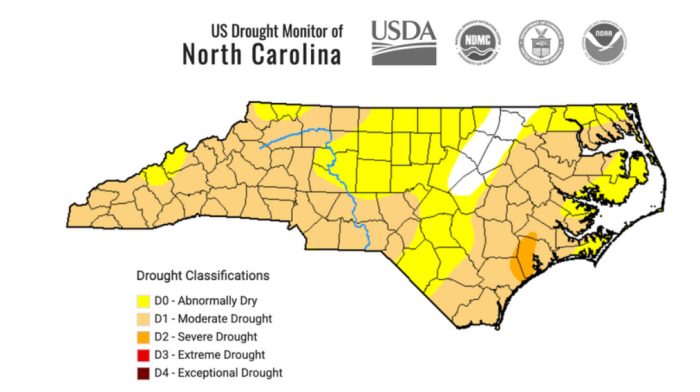
State forestry officials have lifted an open burning ban across North Carolina thanks to recent rainfall, while cautioning we are not out of the woods when it comes to the wildfire threat.
The statewide ban went into effect March 21 due to hazardous forest fire conditions, and also applied to all beach fires in Nags Head and Cape Hatteras National Seashore. Those bans were still in place as of Tuesday evening.
Beach fires are not allowed at all along Carova, Corolla, Duck, Southern Shores, Kitty Hawk and Kill Devil Hills. Duck and Kill Devil Hills also do not allow open burning of any kind.
“We’ve received some well-timed, much-needed rain over the last couple days which has helped reduce fire danger, allowing us to lift burn ban restrictions across the state,” said Agriculture Commissioner Steve Troxler.
“However, we are still in the midst of spring wildfire season and our recent wildfire activity, especially in Western North Carolina, is a reminder to remain vigilant about burning safely and responsibly,” Troxler said.
The N.C. Forest Service listed 56 active wildfires in the state as of Tuesday evening, with the largest in Polk and Henderson counties that have burned around 7,700 acres.
The three blazes that make up the Black Cove Complex have been fed by dry, breezy conditions and massive amounts of timber downed by Hurricane Helene six months ago.
Those fires prompted a number of evacuations in the southwestern mountains last week.
Most of the state remains in drought conditions, including a large swath of northeastern North Carolina as of last week’s update from the N.C. Drought Monitor.









